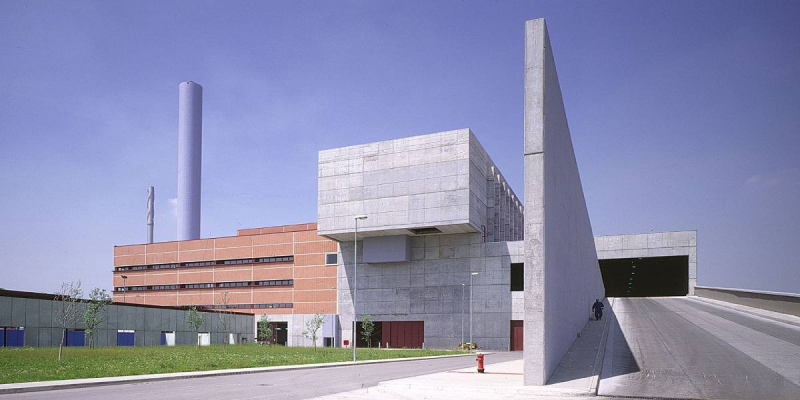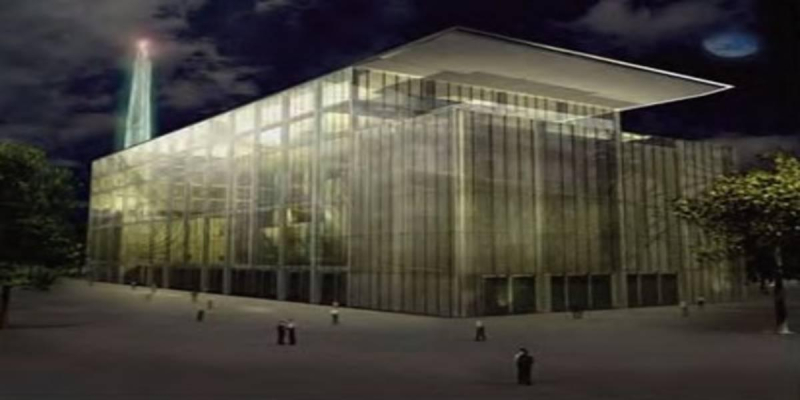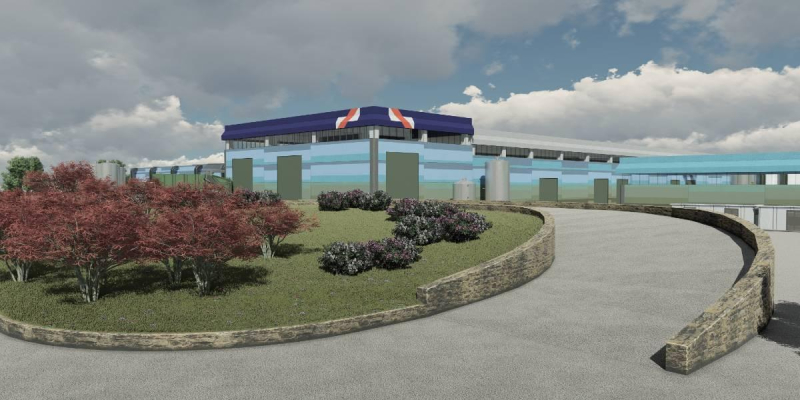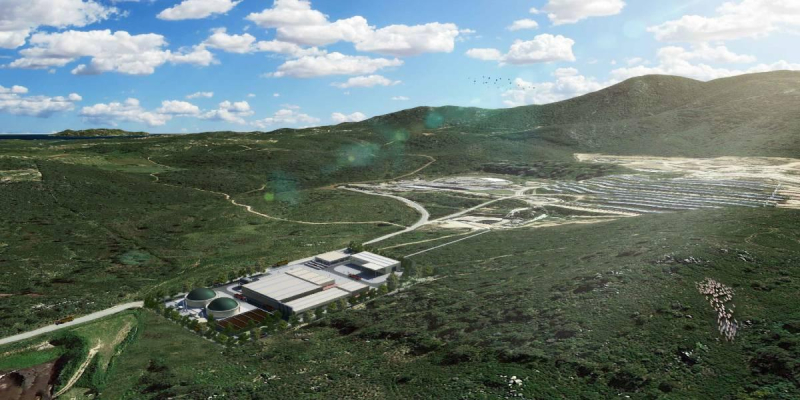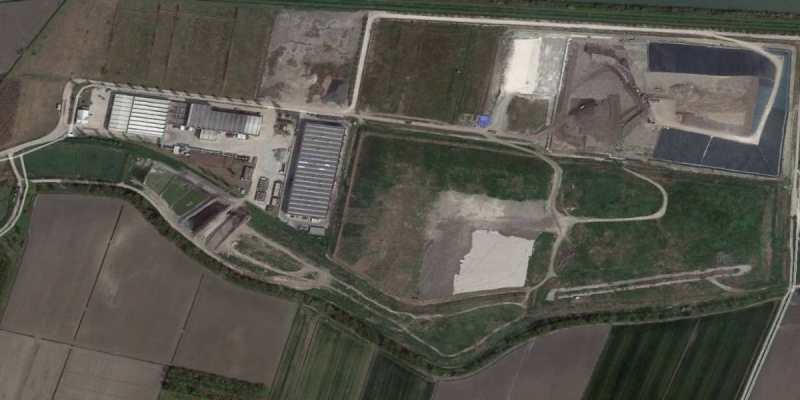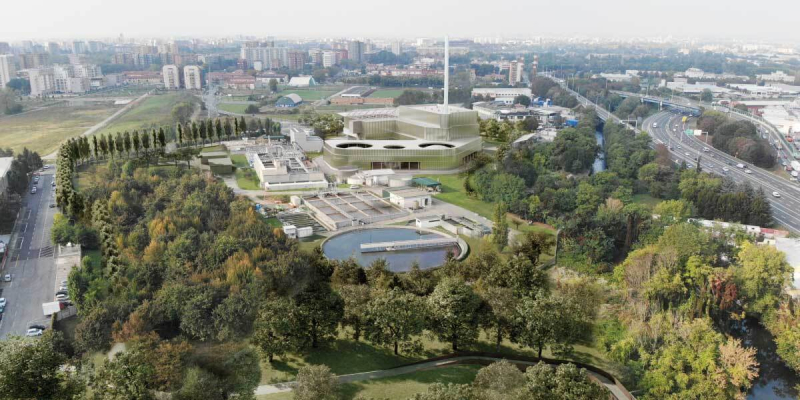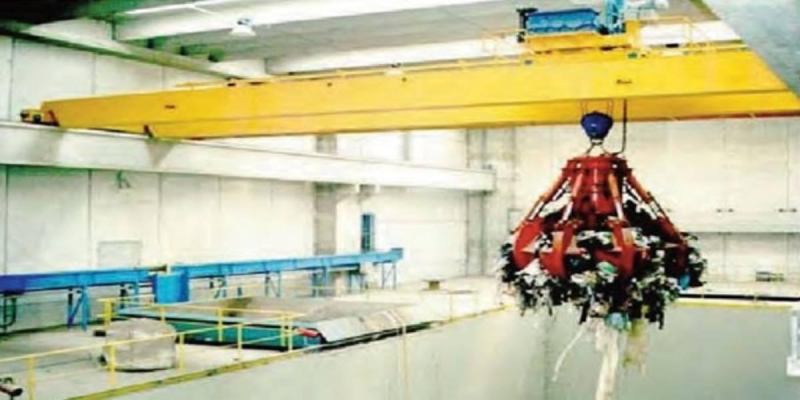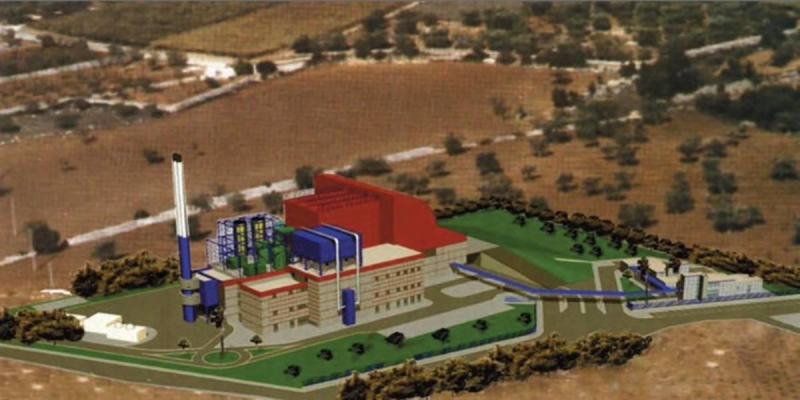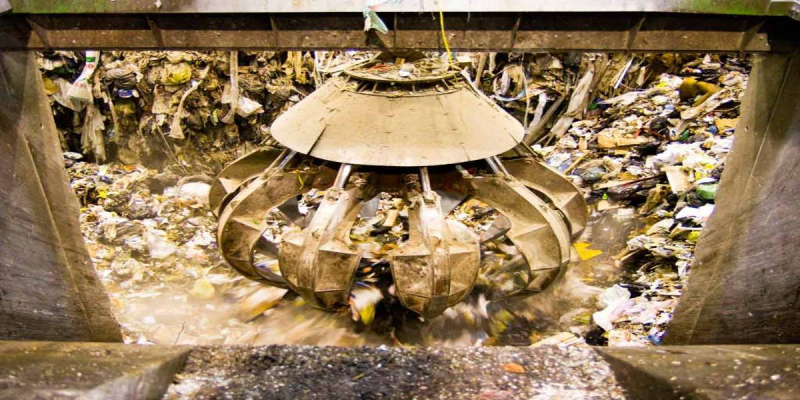
Waste treatment Compost plants
Detailed design upgrade review of the I.P.P.C waste plant in Spiritu Santu – Olbia (Italy)
The existing plant consists of different waste treatment processes:
- Recycling materials platform
- Mechanical-biological treatment plant
- Plant for compost production from Organic Fraction of Municipal Solid Waste (OFMSW)
- 120.000 m2 landfill
The Client has developed a detailed design for:
- A new landfill with a capacity of 150.000 m3 (Section A of the plant)
- An anaerobic digestion plant fed mainly with OFMSW (Section H)
- Update of the compost plant (Section D)
- Expansion of recycling platform (Section E)
- Renovation of the mechanical-biological treatment plant (Section B)
- Realization of a new inert material treatment plant (Section L).
The Environmental Authority asked some clarification, three modifications to the proposed design and a general review of the design. The Company has been appointed to perform such activities and, in particular, to study the modifications requested and to review the design in order to comply with the detailed design.
Section A:
The new landfill extends for about 30.000 m2 on a hillside south of the existing plant. The project requires additional excavation of 75.200 m3 to reach the maximum waste storage capacity of 150.000 m3 foreseen by the regional plan for waste treatment.
The rock underneath the area is formed by granite and there is not a stable aquifer; nevertheless, superficial circulation of infiltrated rainwater in the granite fractures is observed. Therefore, the Environmental Authority asked for a modification to account for potential circulation and avoid any potential contact with the waste to be disposed of, and asked for a general review of the landfill design.
A solution was studied consisting of a double layer of material to be placed on the bottom of the excavated surface. The first layer is 2m thick made of fine sand from granite processing with a low permeability: it is a material usually disposed of, with no additional use. With this modification, the design aims to utilize as much as possible existing material stocks in order to avoid the external supply.
Above this layer, an additional layer 1m thick of clay with k ≤ 10-9 m/s. The clay is covered with a layer of drainage material made with a specific treatment from the excavated granite. The whole design of the landfill has been reviewed to take into account this modification of the bottom and an additional modification requested by the Authority regarding the final capping.
Section H:
The anaerobic digestion plant will be located north of the existing plant and performs a wet anaerobic digestion process with collection of biogas and upgrading to obtain a high-value biomethane.
The plant will be mainly fed with OFMSW, animal by-products, wood by-products and sewage sludges, among other products, for a total input of 40.000 tons per year. It extends for about 29.000 m2, and it is constituted by two digesters with a diameter of 28 m and a height of 8 m able to produce 10.900 tons/y of digestate and 3.010.000 Nm3/y of biomethane.
Section D:
The digestate produced by the plant is sent to the composting plant (Section D) located in the existing operational area of the site, via an underground pipeline, which hosts, in addition to the digestate, the filtered liquid and collected rainwater. The digestate is aerobically treated in accordance with the guidelines for the production of mixed compost improver. The review of the design regarding the composting plant consisted in the verification of the capacity of the plant to host the digestate and the design of its operation during the digesters maintenance.
Section B-E:
The whole section which operates the mechanical-biological treatment has been improved in order to manage more waste from recycling collection and comply with the requirements of Italian national consortia for recycling.
Section L:
In a portion of the existing plant, has been designed an inert material treatment plant able to accept waste from construction industry and from the excavation of rock. The material is cleaned of foreign fractions, shredded and sorted by particle size class. This plant is used in the early stages of the realization of the other sections in order to improve the utilization of the excavated material for other uses within the plant, for the new sections as well as for the existing ones, reducing the external supply of inert material.
Client
Industrial Consortium of Gallura Province
Location
Spiritu Santu (Olbia) - Italy
Services
Review of the detailed design
Cost of works
Euro 24,547,553,19



